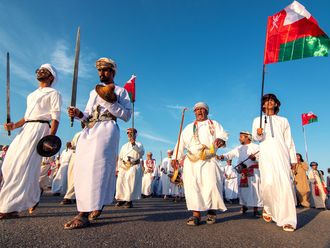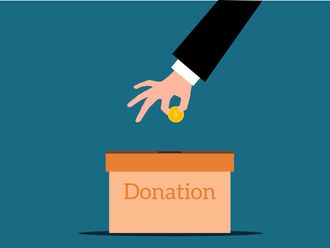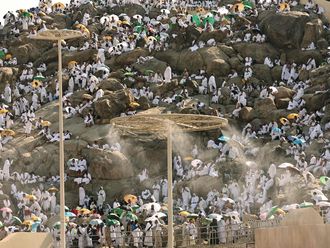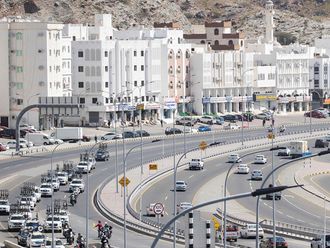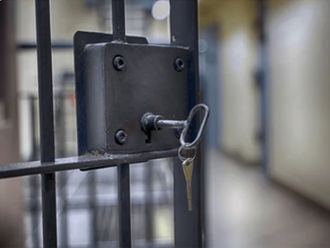Dubai: Oman’s policy is not isolationist but one which interacts rationally with facts and deals with countries and peoples, not with persons, the Omani foreign minister has said.
The statements were made by Yousuf Bin Alawi Bin Abdullah, Minister Responsible for Foreign Affairs, in an interview broadcast on Thursday night on Oman TV in which he outlined the country’s foreign and domestic policy, including the sultanate’s policy on nuclear energy, the conflict in Syria and relations with Iran.
This comes approximately two weeks after the foreign minister laid out the sultanate’s policy on Syria and Iran in an interview with the Lebanon-based Al Hayat newspaper, in which he stressed Oman’s non-interventionist and regionally independent views on regional conflicts and rivalries.
On the Syrian crisis, Bin Alawi said that what is happening in Syria is akin to revenge between opposition groups and the government, for which the Syrian people are paying the price. “It is an old vengeance which those groups have now found a chance to exact,” he said.
He added that the opposition led by the Free Syrian Army reached a level of confidence and strength equal to the regime’s army and this is an indicator to push the parties into an agreement, and that the conflict must end eventually.
Bin Alawi also ruled out Oman’s turn to nuclear energy, citing safety concerns. He said however that nuclear capabilities were a concern irrespective of who had them, whether Iran or the United States.
In the interview with Al Hayat, published on October 4, Bin Alawi said that despite fellow GCC states’ decision to withdraw their ambassadors from Syria and call for the removal of Bashar Al Assad, Oman did not see itself in a position to decide his fate, saying “it is for the Syrian people to decide who steps down and who comes in”.
Asked why Oman had not opposed Iran’s role in the Syrian conflict, Bin Alawi stressed Oman’s non-interventionist policy, saying all states were responsible for their own actions. He also refused to say whether he opposed GCC states’ financing of the Syrian opposition, adding Oman respected “all those who adopt policies that serve their interests”.
Asked if Oman supported an Iranian military intervention in Syria, Bin Alawi said Oman had no right to support or oppose the policies of others.
“But [Syria] is an Arab country. There is a humanitarian catastrophe there,” said the interviewer.
“You believe something, and you are free to do so, but no one is trying to bring the world to a single belief… We were all created as independent from each other,” he responded.
“We do not interfere in other countries’ [affairs] because if I interfered in the affairs of a country, then others will have a right to criticise me too,” he added.


